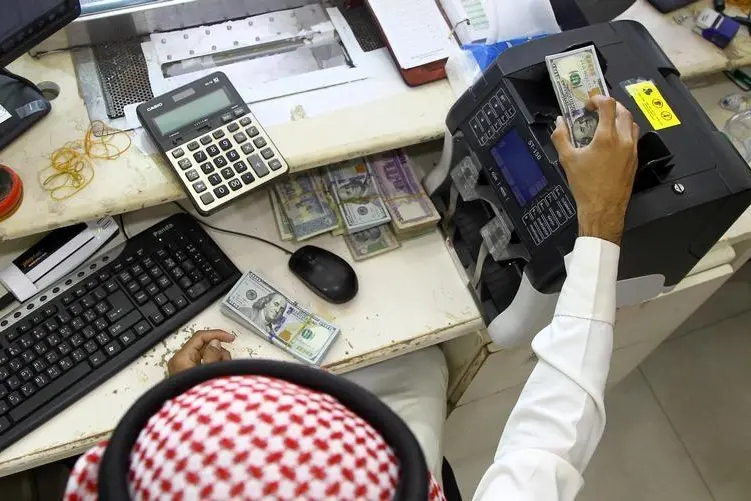PHOTO
Last year two local banks (SABB and Alawwal bank) legally completed their historic merger. It was a transformational event for the Saudi banking sector as it created the third largest bank in the country with combined assets of SR257 billion ($68.5 billion) and more than one million retail customers.
Recently the National Commercial Bank (NCB) and Samba bank also announced their entry into a framework agreement to begin a reciprocal due diligence process aimed at a potential merger.
If the two banks agree on a final deal, it will create a bank with a combined equity of SR109 billion ($29.1 billion), total assets of SR802 billion ($213.9 billion), customer deposits of SR553 billion ($147.5 billion) and a loan portfolio size of SR453 billion ($120.8 billion).
Both of these combinations will not only strengthen the merged banks’ financial position and market share, but will also strengthen the banking sector in general. It will improve the sector’s economy of scale and place it in a better position to support the development needs of the national economy at what is a critical juncture.
It will also improve operational efficiency, allowing the merged bank to diversify its banking activities locally as well as internationally.
Prior to the merger of SABB and Alawwal bank, the banking sector in the Kingdom had not witnessed any mergers between local banks since 1997 when Saudi Cairo Bank merged with United Saudi Commercial bank, which in turn later merged with Samba Bank.
Some financial analysts have raised concerns about such pairings combinations because of the potential impact on much needed jobs.
Still, both SABB and Alawwal have stated ithat no involuntary staff redundancies are expected, and NCB and Samba have said the same.
Another concern relates to competition in the banking sector.
However the Saudi Arabian Monetary Authority (SAMA) has issued 31 banking licenses and stated that it is open to granting more to new banks to operate in the Kingdom, providing that they can add value.
A healthy banking sector is a prerequisite for a healthy economy and this is vitally important now as the Saudi economy navigates through the unfolding impact of the coronavirus pandemic.
• Talat Zaki Hafiz is an economist and financial analyst. Twitter: @TalatHafiz
Copyright: Arab News © 2020 All rights reserved. Provided by SyndiGate Media Inc. (Syndigate.info).





















